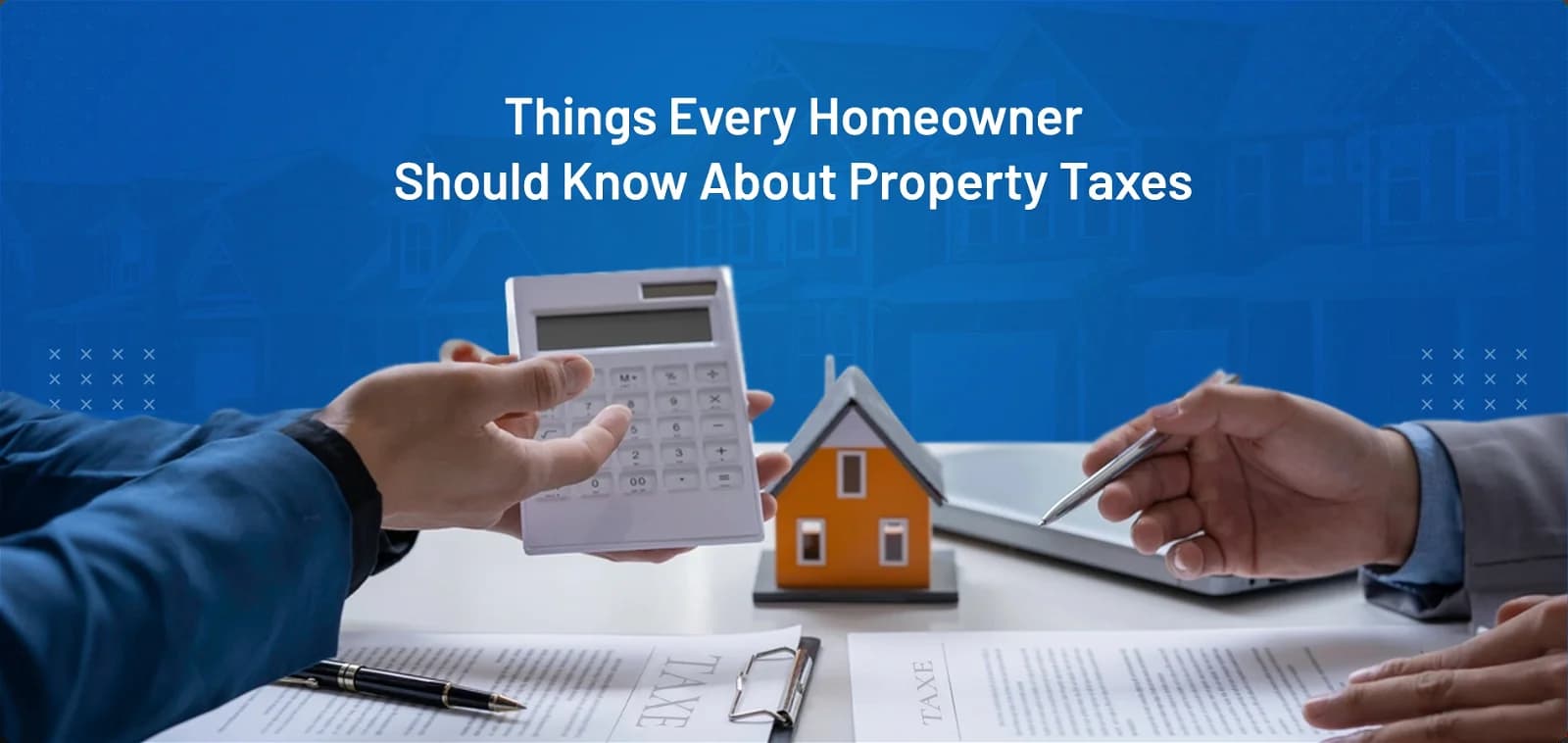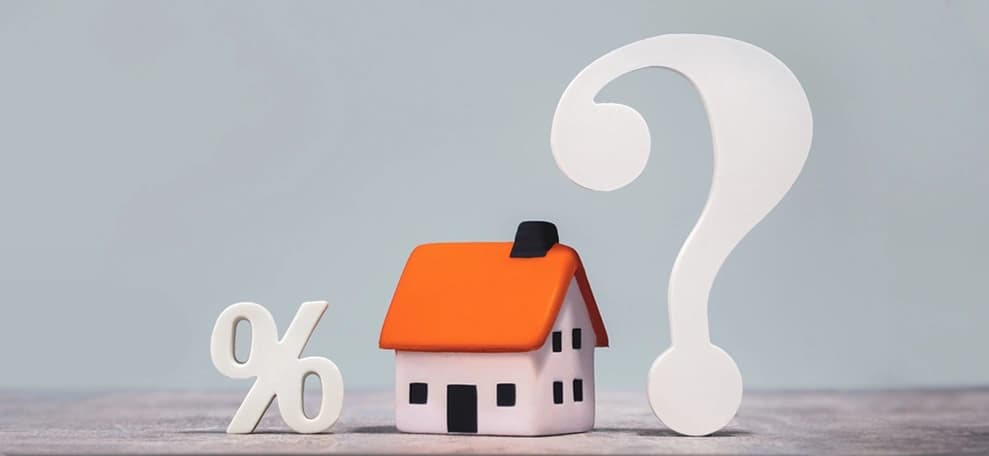Blog Search
What is a Property Tax?

Did you know that property taxes are regressive in nature? This means that they are based on the assessed value of a property, which may not be directly correlated with the owner's income. As a result, low-income households end up paying a disproportionately larger portion of their total annual household income as taxes compared to high-income households.
Moreover, in Canada, property taxes have been consistently on the rise due to increasing property values and municipal costs. Considering this, property taxes could arguably be the most significant cost to be mindful of when purchasing a house.
That is why The Canadian Home is here today to give you a better understanding of what a Property tax is and how exactly it functions so that you can be better informed to be better prepared.
What is a property tax?
In simple terms, property tax is an amount that you have to pay to the government based on the value of your property. It is important to note that this amount may vary depending on the province you reside in. For example, the highest property tax rate in Canada is in Quebec, where it is 1.9%. The lowest property tax rate in Canada is in Alberta, where it is 0.5%.
A property tax in any province comprises two parts:
01Municipal
This is the largest portion of the tax, accounting for almost 60-70% of the total amount. It plays a crucial role in financing various city projects and infrastructure initiatives, such as constructing roads and highways, upgrading water and sewage systems, supporting law enforcement efforts, and providing essential services that benefit the entire community.
02Educational
This portion accounts for about 20-30% of the property tax and is used to fund public education in the municipality. This includes funding for schools, school boards, and other educational services.
How is property tax calculated?

Property tax in Canada is calculated by multiplying the assessed value of the property by the property tax rate. It is important to note that the assessed value and the tax rate are determined by your local municipality. If we were to provide you with a formula, it would look like this,
Property tax = Assessed value of the property X Property tax rate
For example, if a property has an assessed value of $1 million and the property tax rate is 1%, the property tax bill would be $10,000.
However, assessed value and tax rate are not the only factors that affect the amount payable as property tax.
The type of property: The property tax rate for residential properties is typically lower than that for commercial properties.
The location of the property: The property tax rate can vary based on the location of the property, with variations occurring both between different municipalities and within the same municipality.
The age of the property: The property tax rate is typically lower for older properties than for newer properties.
Property taxes are due on January 1st of each year. If you miss your property tax payment, you will be charged interest and penalties. You can appeal your property tax assessment if you believe it is too high.
How to pay your property tax bill?
To settle your property tax bill, you have two available methods:
Direct Payment to the City: Your municipality will send you an annual property tax bill specifying monthly payment due dates. It becomes your responsibility to make these payments directly to the city. This can be done conveniently online, over the phone, or by mail.
Pay Through Mortgage: Alternatively, you can opt for this method, where your mortgage lender will include the property tax amount in your regular mortgage payments. By choosing this option, you won't need to remember separate property tax deadlines, as they will be seamlessly integrated into the payments you are already making towards your mortgage. This approach offers convenience and simplifies the process of handling your property tax obligations.
Always remember

Striking the right balance between having a beautiful home and minimising property taxes can be a challenging task. However, there are practical steps that can be taken to ease the burden without compromising on living standards. First, refrain from making significant improvements just before the property assessment, as this could result in higher tax evaluations. Additionally, comparing property tax payments with neighbours who own similar homes might uncover opportunities for a tax reduction.
Finally, it is crucial not to take property tax bills at face value; conducting a bit of research and due diligence can unveil errors and potential savings. By being proactive and informed, homeowners can find ways to reduce their property tax burden, making it more manageable and enhancing their financial well-being.
Blog Search
Popular Blogs
Popular Blogs
The trademarks MLS®, Multiple Listing Service® and the associated logos identify professional services rendered by REALTOR® members of CREA to effect the purchase, sale and lease of real estate as part of a cooperative selling system.

